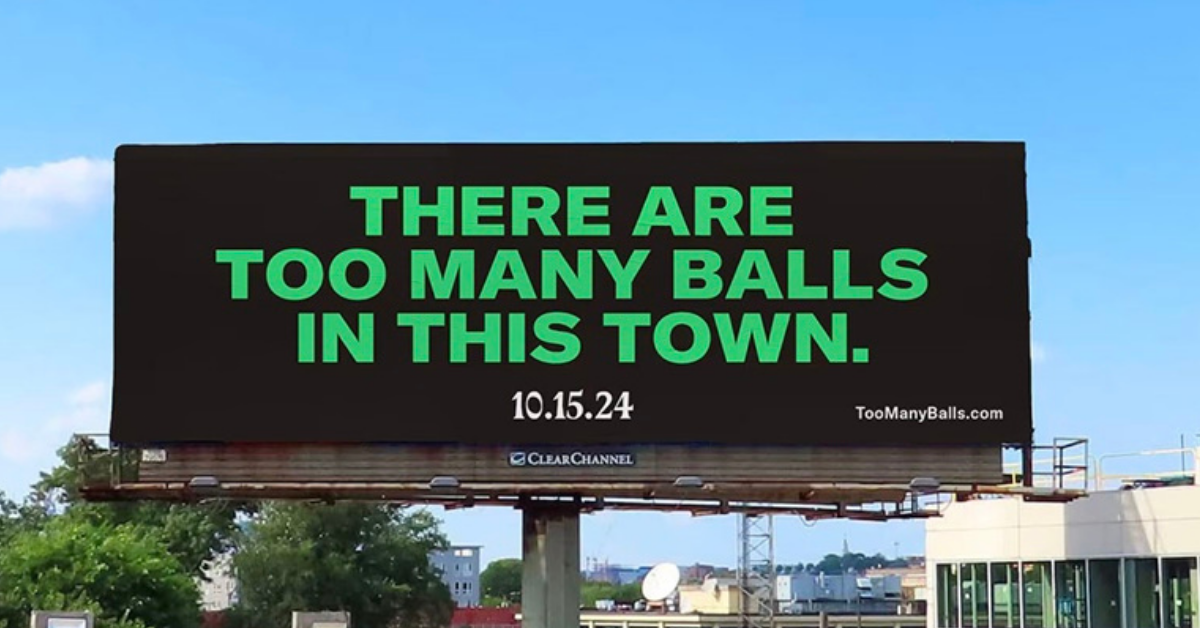Joseph Kony can thank Silicon Valley for turning up the heat on his race from justice. Before the universal adoption of social media, a short film about an African warlord may play quietly in art houses, think tanks and maybe PBS. With the growth of these channels that film, “Kony 2012,”has been viewed 90 million times on YouTube and Vimeo in just one week. The filmmaker, Jason Russell, has incited millions to pay attention to an African warlord they’d never heard of before.
Russell tells a story of horror from which most people have been protected. An evil warlord stole children in Uganda and turned the boys into an army, and he brutally killed their families in the process. When Russell visited Africa and saw the results firsthand he decided to do something about it. His approach offers lessons for other causes.
- Inspire through story: The Invisible Children campaign feels like a Hollywood movie and is far more gripping than anything most causes or brands can imagine. Thinking about the pain these children have been through is heart wrenching. But even less sensational causes need to tap into emotion to get people to care.
- Simplify the ask: Russell’s ask is direct. After you watch the movie, you are asked to share it with friends, buy the campaign kit, donate and prod a list of celebrities and politicians into acting. Through its website, the campaign makes taking action easy.
- Surround your audience: I first heard about the video on CBS This Morning as I got ready for work. My son told me about it on the drive to school. Twitter spurred me to check it out when I opened my laptop at work. There was no way I was getting through the week without seeing the video. Soon, the campaign will add guerrilla tactics to further drive attention.
- Set a deadline to act: The campaign expires Dec. 31, 2012 even if Joseph Kony is still at-large. This creates a sense of urgency to act.
- Mobilize your allies: By selecting high profile celebrities and politicians the organization is smoking out third-party endorsers. Rihanna helped spread the word by tweeting to her followers. In the military, they use the term “force multiplier” to refer to an attribute that makes your troops incrementally more effective. To be successful, any campaign – selling a product, a candidate or a cause – must get their friends to not only vouch for them but to ask their followers to act.
- (Bonus Lesson) Prepare for crisis: Like any meteoric rise in celebrity, Russell and his organization are now under fire. Accusations range from mismanaging money to support of the Ugandan army. You must anticipate problems and, if they occur, fix them immediately and communicate the fix. Without proper planning and a rapid response approach to dealing with controversy, your cause is destined to take a hit.
Unlike the wars against cancer, autism, domestic violence and other worthy causes, this one has an expiration date and the possibility of a timely resolution. Its sponsors don’t need to worry about ways to keep well-meaning supporters interested and engaged. Some wonder what will happen to Invisible Children should Kony remain at-large. But what if he’s captured? Where Invisible Children goes from there and how it communicates with its millions of followers could offer another lesson in cause marketing in an evolving age.





